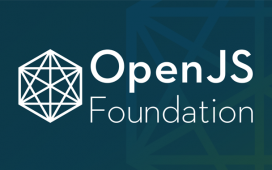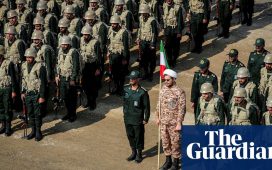Russia, China and Pakistan called for the speedy and unqualified integration of Taliban-run Afghanistan into the global economy during a trade and security summit meant to bolster an alliance of Eurasian nations in the face of western powers.
The Shanghai Cooperation Organisation (SCO), a trade and security alliance originally formed by China, Russia and some of the former Soviet Union states 20 years ago, also announced the induction of Iran into its fold as its ninth full-fledged member, a rebuff of United States-led efforts to isolate and pressure Tehran over its nuclear and missile programmes and support for armed groups in the Middle East.
The SCO, which includes India, Pakistan, Uzbekistan, Kyrgyzstan, Tajikistan, also announced plans to welcome Saudi Arabia, Egypt and Qatar as partners.
The announcements came at a summit in the Tajikistan capital of Dushanbe and came a day and a half after the US, United Kingdom and Australia announced the formation of a new security bloc meant to counter China. Beijing and Moscow have been critical of the new security formation, which has also revealed cracks within Nato by undermining a submarine deal between France and Australia.
The SCO calls to release billions in international aid money and other support for the Taliban government contrasts with the overwhelming and active opposition by Russia, China, Iran, India and Central Asian nations to the fundamentalist Islamic group when it ruled a quarter century ago.
In fact, combatting extremist Muslim groups such as the Taliban and its ideological fellow travellers was a major impetus for the formation of the SCO. While Russia has been eagerly reaching out to the Taliban for years, other SCO states such as China and Tajikistan have been far more wary.
But the spectre of a complete collapse of order in Afghanistan and the ensuing security and humanitarian fallout has prompted its former enemies to break bread with the Taliban.
“Russia, China and all the Central Asian countries kind of share the same concern for stability in Afghanistan, even if their approaches are quite divergent,” said Nicole Grajewski, at the Belfer Center, a think tank affiliated with Harvard University.
Russian President Vladimir Putin, quarantining in Moscow after much of his inner circle tested positive for Covid-19, said in a video speech that Russia should engage with the Taliban government. His Chinese counterpart President Xi Jinping said in a speech at the summit that Afghanistan “needs the support and assistance of the international community, particularly countries in our region.”
The SCO’s embrace of the Taliban contrasts with western wariness to engage with the Taliban over its track record on the rights of women and minorities. It also represents a big win for Pakistan, which has long partnered with the Taliban.
Pakistan’s President Imran Khan, a member of the same Pashtun ethnic grouping that much of the Taliban is drawn from, has called on the world to offer new Kabul’s masters carrots to modify their policies.
“It is now in the international community’s collective interest to ensure that there is no renewed conflict in Afghanistan and the security situation is stabilised,” Mr Khan said Friday in Dushanbe. “We must remember that the Afghan government is primarily dependent on international aid.”
Neither Islamabad nor any other capital has yet granted the Taliban government diplomatic recognition.
Induction into the SCO marks a major diplomatic achievement for Iran, which first sought to join the bloc the early 2000s but had hitherto only attained observer status. Iran’s president Ebrahim Raisi, on his first trip abroad since his inauguration last month, called on the SCO to help his country counter US economic pressure.
“Sanctions, or in other words economic terrorism, are among the main hurdles in way of regional collaboration,” he said in a speech. “The SCO needs to develop contingency mechanisms to collectively counter sanctions.”
But Ms Graweski suggested Iran’s accession to the SCO would deliver few material benefits for Iran. The grouping has no legal enforcement capacity, has yet to break down many trade barriers, and has never played a meaningful role in any armed conflict. “For Iran, it’s more about status and the ability to engage with Central Asian states and China,” she said.







